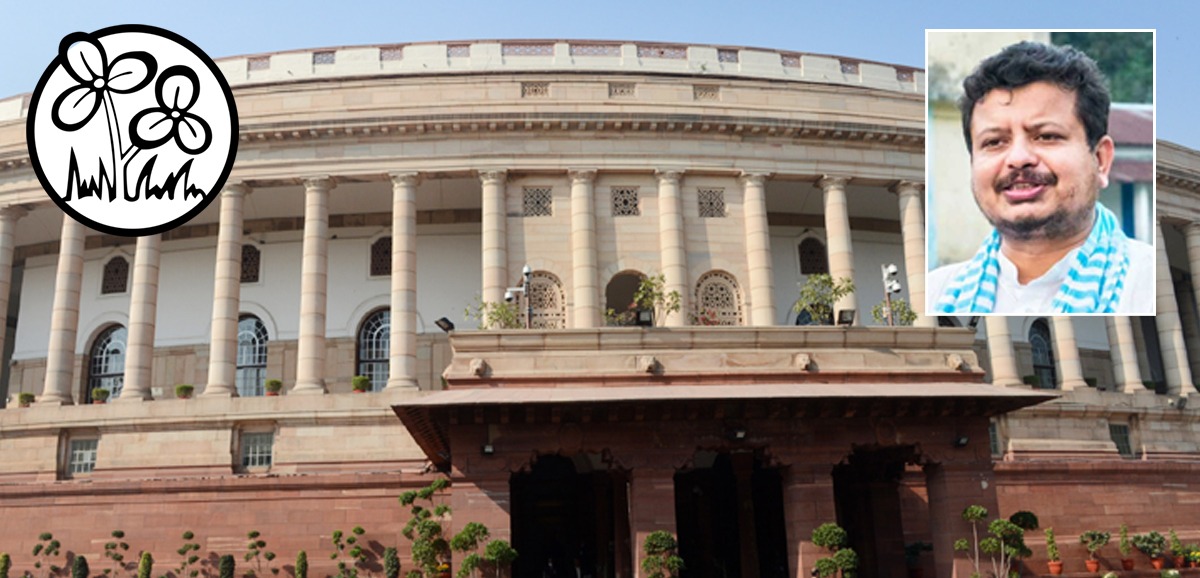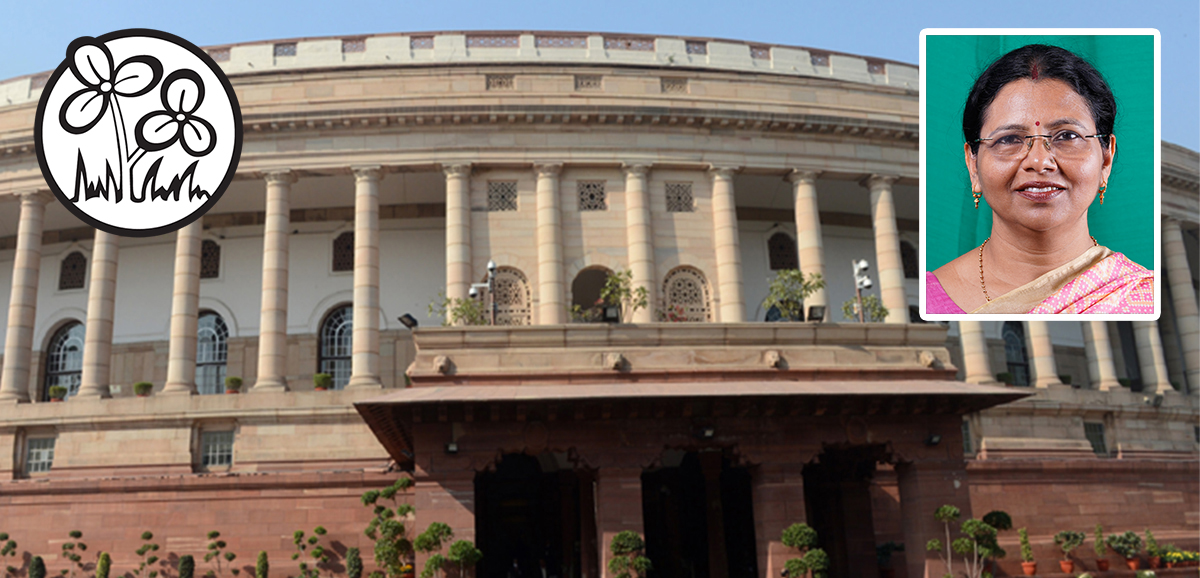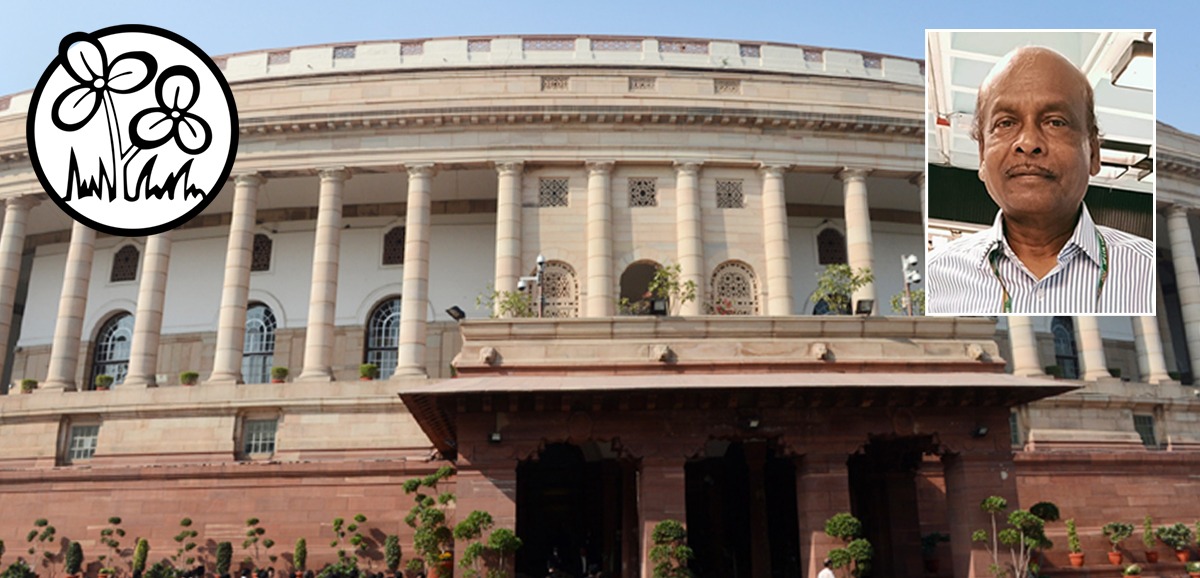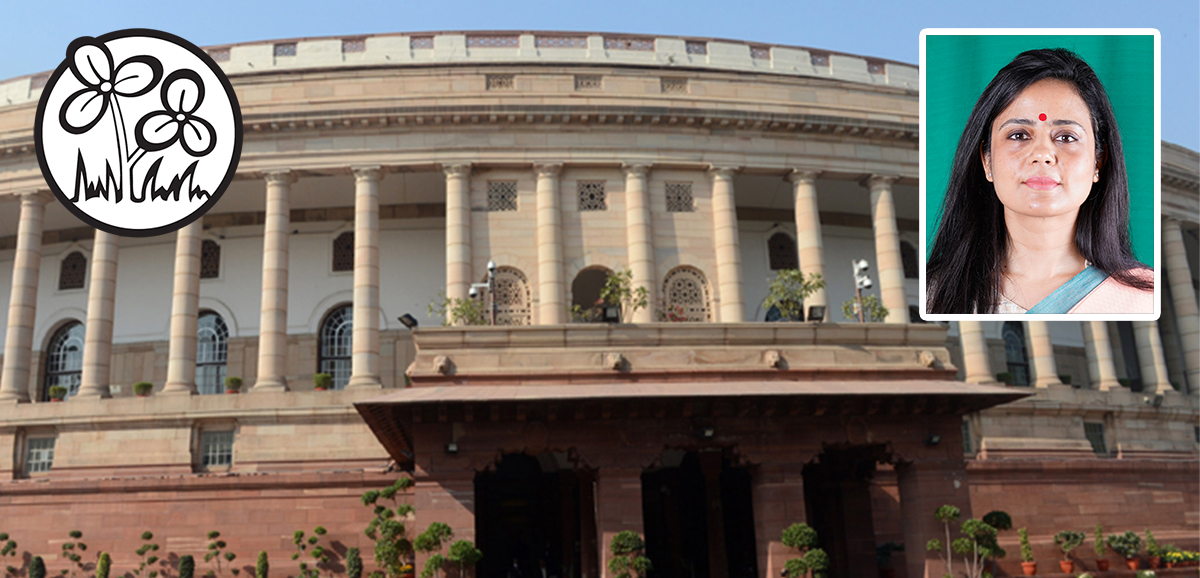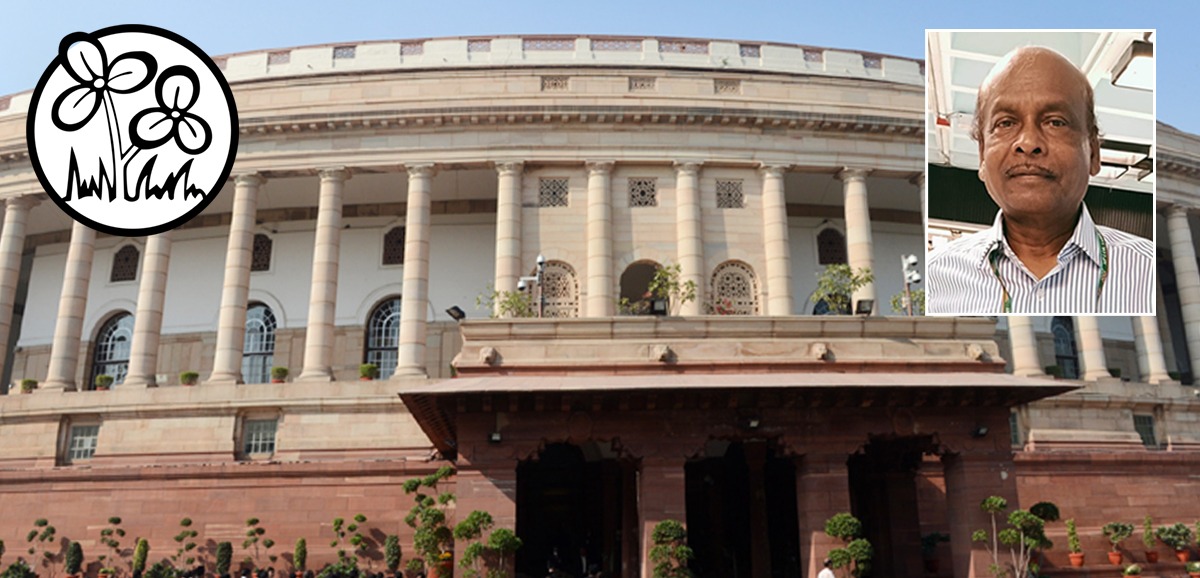Madam, while deliberating on the discussion, my first point would be that I was alarmed to see the Indus Valley Annual Report-2025 released by Blume Ventures, which has highlighted alarming situation prevailing in our financial sector. First of all, it says, “India remains the world’s fastest-growing major economy, now ranked number four in market cap at 4.5 trillion dollar. Yet, on a per-capita level, India ranks 149th– continuing to highlight the economic paradox India lives in.” That is the most alarming and crucial issue because the economic inequality has reached an all-time high. Ninety per cent of the Indians do not have the kind of income to be able to spend anything on discretionary goods; the report says that. It also says that behind India’s low 3.2 per cent unemployment hides a deeper story: only 22 per cent have regular salaries, with just 9 per cent holding formal contracts. The majority (58 per cent) are self-employed, a third of which are unpaid family workers. Our demographic dividend faces a formalization challenge unlike Russia or China. The vast army of unemployed youth in our country has posed a serious threat not only to economic stability, but the social order or disorder. My next point would be that we have experienced over the years that corporates are getting concessions one after another for the benefit of our country. But, unfortunately, what we have seen is, after the corporate-tax was reduced from 30 per cent to 22 per cent, the public exchequer had to suffer Rs.1 lakh crore of revenue loss in 2020-21 alone, even though, the private investment is declining fast as it decreased from 21 per cent in 2022-23 to 13 per cent in 2023-24. It further dropped by 1.4 per cent in the December quarter of 2024-25. While public investments by the Central Government and the State Governments grew by 11.8 per cent and 34.6 per cent, respectively, then why should corporates be given such concessions in a routine manner? Let the present rate of 22 per cent of corporate-tax be enhanced to 30 per cent to keep balance in revenue generation between the Governments, both at the Centre and the States and the corporates. With regard to income-tax disparity, as it appears again from the Indus Valley Report by Blume Ventures, ‘India is deepening rather than widening’. While tax filers/return filers, grew to 75 million, actual taxpayers fell to 28 million. It is just 2 per cent of population of our country versus 10 per cent in China and 43 per cent in US. In our country, only 2 per cent pay taxes. Those few taxpayers now shoulder a three-time higher burden than a decade ago, showing concentration, not expansion, of economic power. This is another cause of concern for our economic and social tension. My time is limited. I will not say much on this because my predecessor has already spoken. The hon. Finance Minister disclosed in Lok Sabha that the Government has written off bad loans, Non-Performing Assets, a staggering Rs.16.35 lakh crores worth over the past decade. The data revealed that the bulk of these writeoffs pertained to large industries and services, which alone accounted for about Rs.9.26 lakh crore, last year of the total NPA, written off during this period. Now, the Government says, ‘No, no, although we have written off, the recovery process is going on through the Debt Recovery Company/National Company Law Tribunal, etc’. Now, the hon. Finance Minister also pointed out that the Reserve Bank does not maintain a company-wise list of written-off loans and the disclosure of borrower specific information is restricted under Section 45E of the RBI Act, 1934. So, it was an Act passed during Colonial Rule. What prevents the Government from repealing Section 45E of the RBI Act? The Government has repealed so many colonial, archaic Acts, maybe more than 1,000 or 2,000. I don’t remember. But, I think that this Section should be repealed to create a transparency in all the links because public money is involved. We have seen how many, in which way the fraudsters are eating up the public money, particularly, of the nationalized banks, not to speak of the other scheduled banks. Now, what is happening in the recovery proceedings, particularly, after the introduction of the Insolvency and Bankruptcy Code in 2016? Addressing a Rozgar Mela, in June, 2020, hon. Prime Minister stated that 99 per cent of deposits of the public in banks have become safe. He added that the wealth of those who looted banks will be attached. This is another Report. Now, according to the Report by Credit Rating Agency, CareEdge, the overall recovery rate has fallen in the past few years, the cumulative recovery rate has been on a downtrend decreasing from 43 per cent in quarter one of financial year 2020 to 32.9 per cent in quarter four of financial year 2022 and 32 per cent in quarter one of financial year, 2024. The recovery rates present a different picture. Sir, 12 initial big ticket accounts have been announced by the RBI — at that time, Section 43E was not there; hence was disclosed. Then, for the cases ending in resolution, the recovery rate, on an average, falls from 31.9 per cent to 24.4 per cent! Haircuts in CIRP under IBC is so high that it goes from 36 per cent to 91 per cent! And, the RBI disclosed the names of a few companies in 2016. Sir, Section 45E of the Act was also there at that time, even then, I am referring to some companies — DHFL, Videocon Industries, Seeba Industries, JSW, etc. Sir, the rate of haircut is from 36 per cent to 91 per cent! And, particularly, the public sector banks have lost huge amount of money due to such haircuts. My submission to the hon. Finance Minister would be to revisit the Insolvency and Bankruptcy Code. And, possibly, a time has come that it should be replaced with some other robust mechanism to stop all this loot which is going on, sometimes in the name of legal authority, legal institution, and sometimes otherwise.
